Our hearing aids and music technology guide reviews the latest options for musicians and music lovers with hearing loss.
In-Ear Monitors Customized with Hearing Profile
The 3DME in-ear monitors by ASI Audio, long a favorite of rock musicians and orchestra members to enhance their hearing, now function as specialized hearing aids for music. Any musician or music lover may program them to their unique hearing profile. The articles below provide a comprehensive product review plus Grand Piano Passion™ founder Nancy M. Williams’ experiences switching to the 3DME system from hearing aids for music.
Hearing Aids with An Optimized Music Setting
If you already wear hearing aids and would prefer not to own a separate pair of devices for music, then leveraging the latest research and thinking on optimizing the music setting on your hearing aids is your best approach. Grand Piano Passion™ has partnered with leading music audiologists and audio engineers, as well as skilled musicians, to explain how you can work with your hearing care professional to maximize your hearing aids for music.
Musicians Earplugs
Regardless of the devices that you use to enhance your hearing for music, it’s critical to protect the hearing that you’ve got.


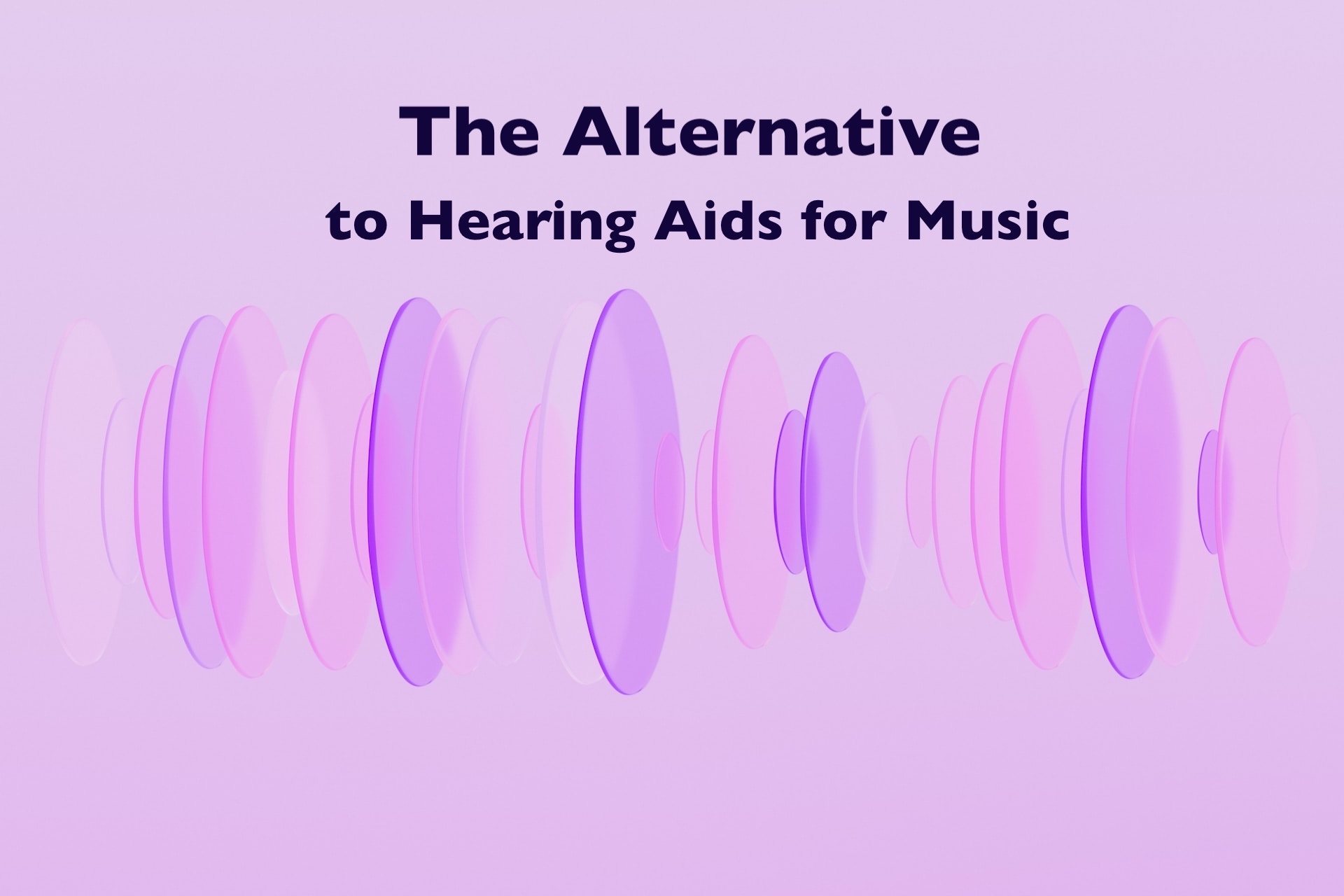
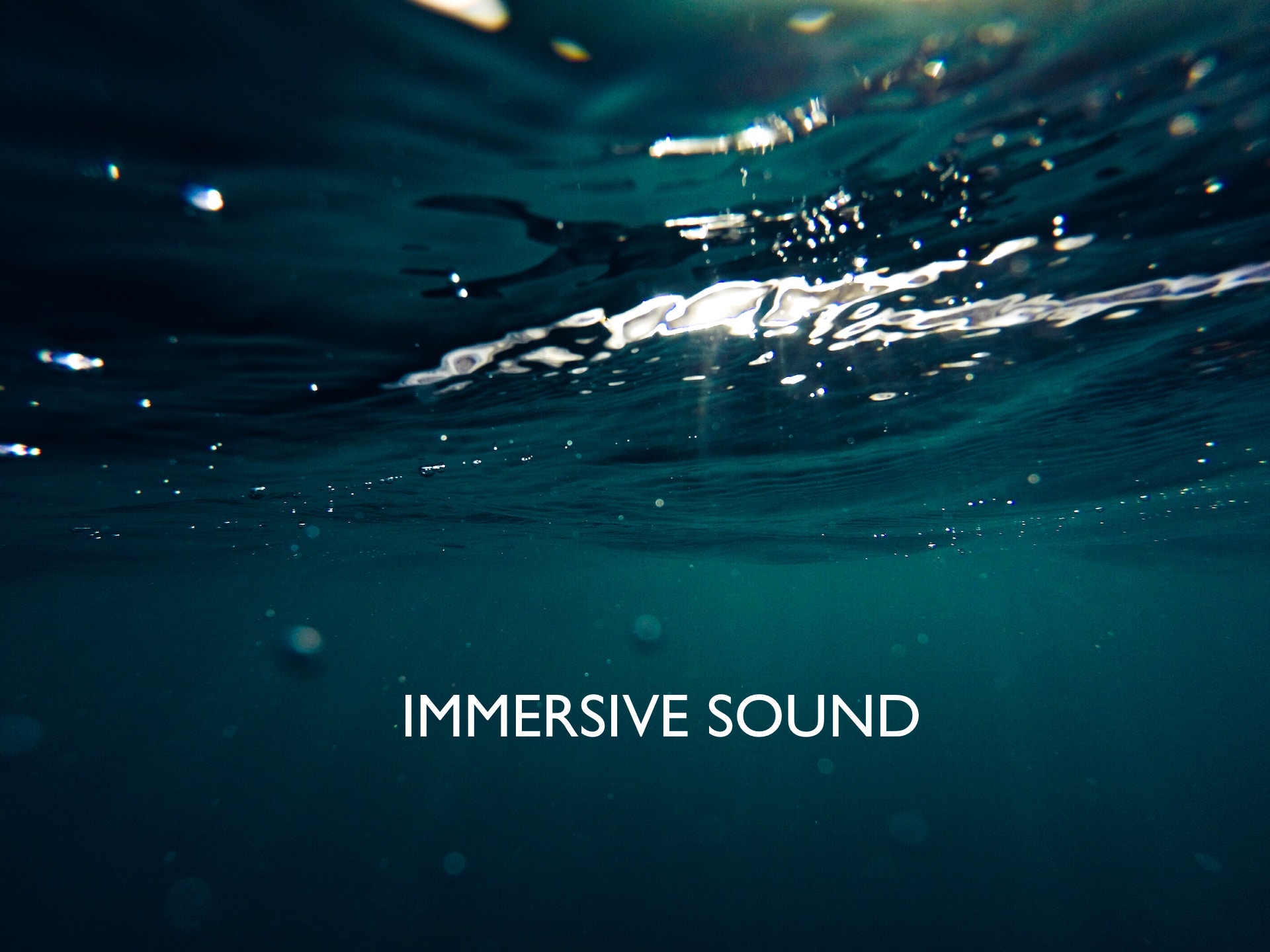
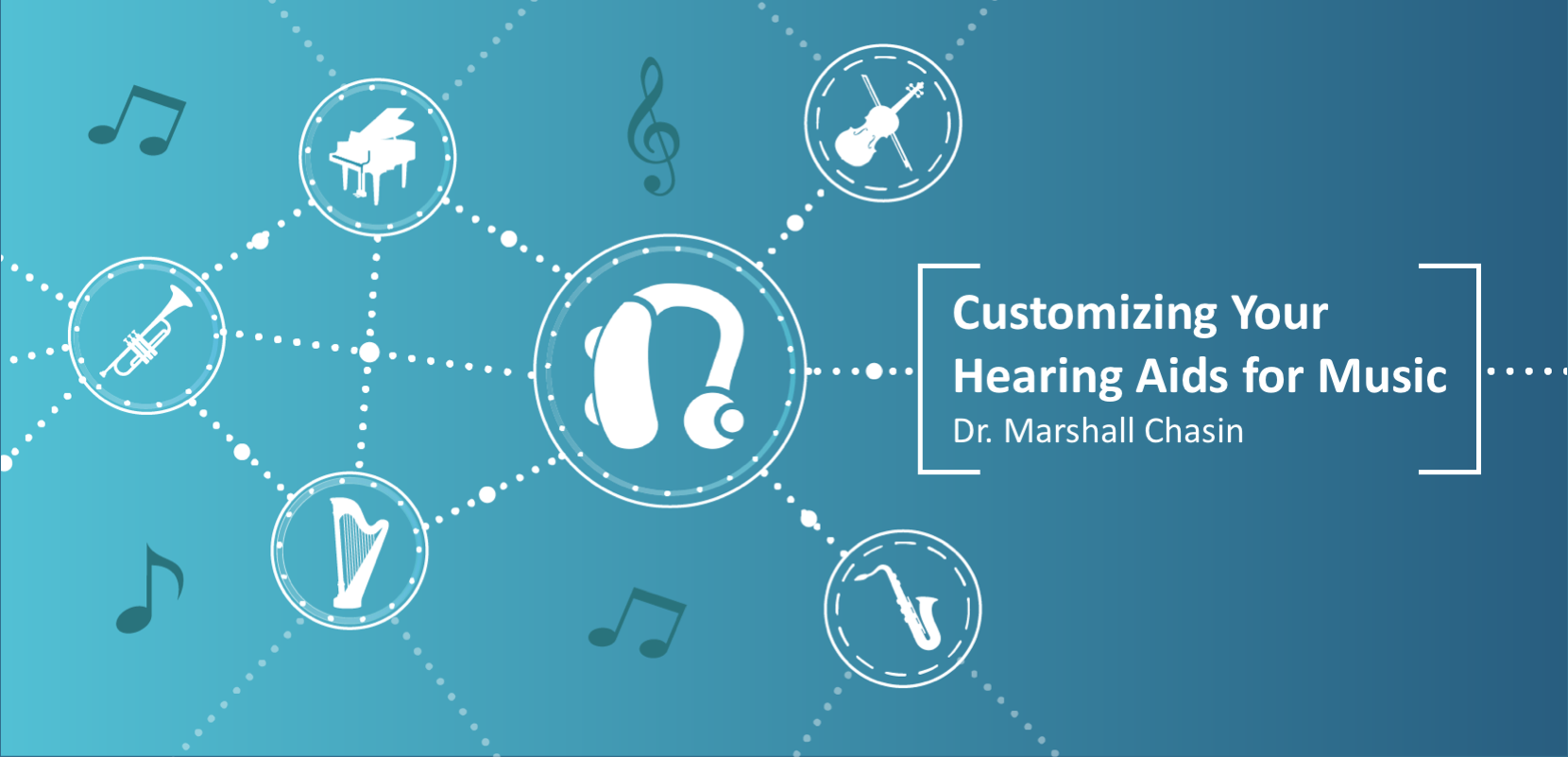
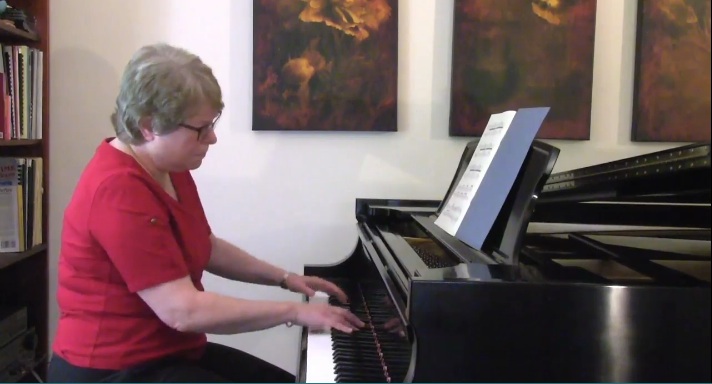
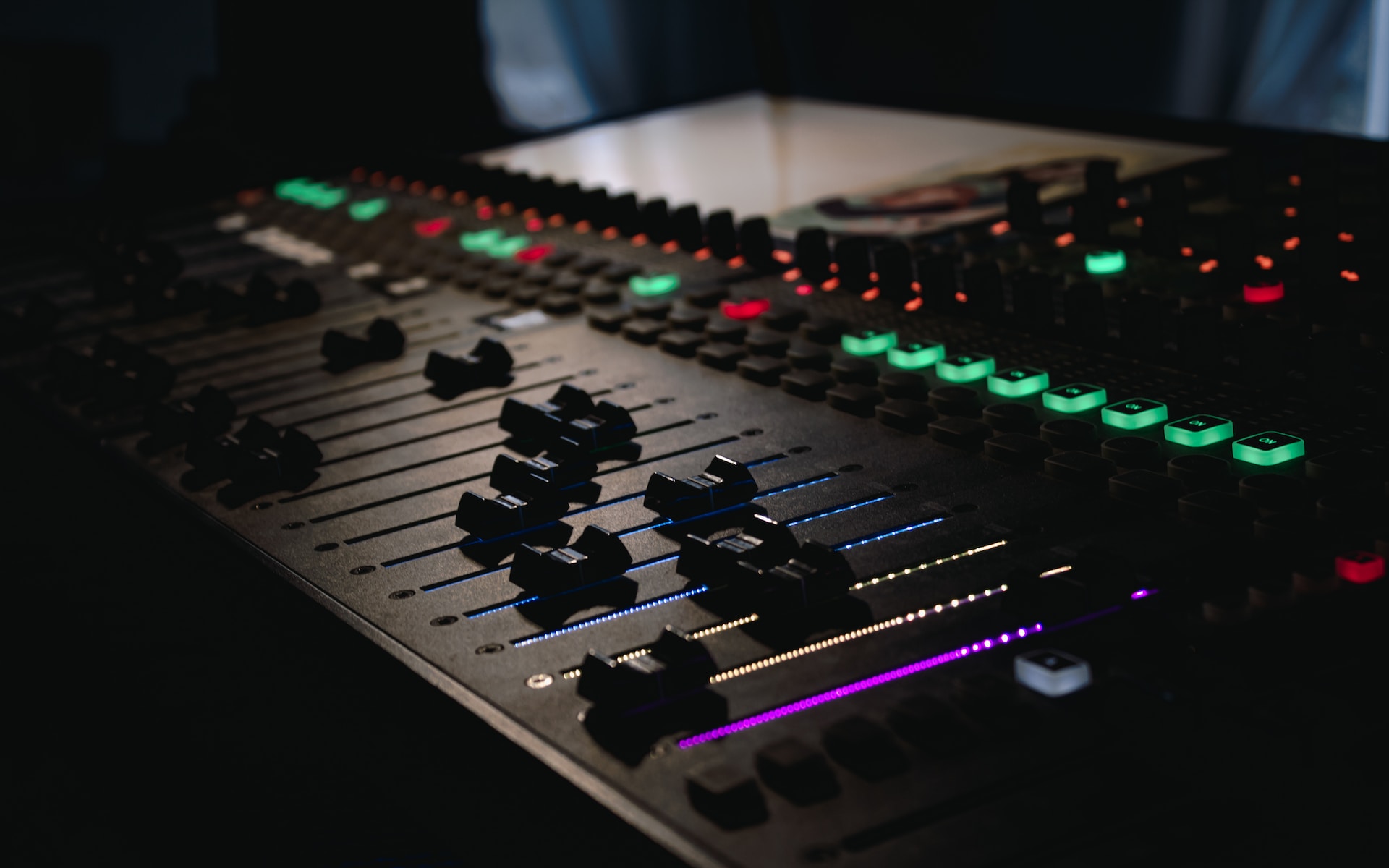
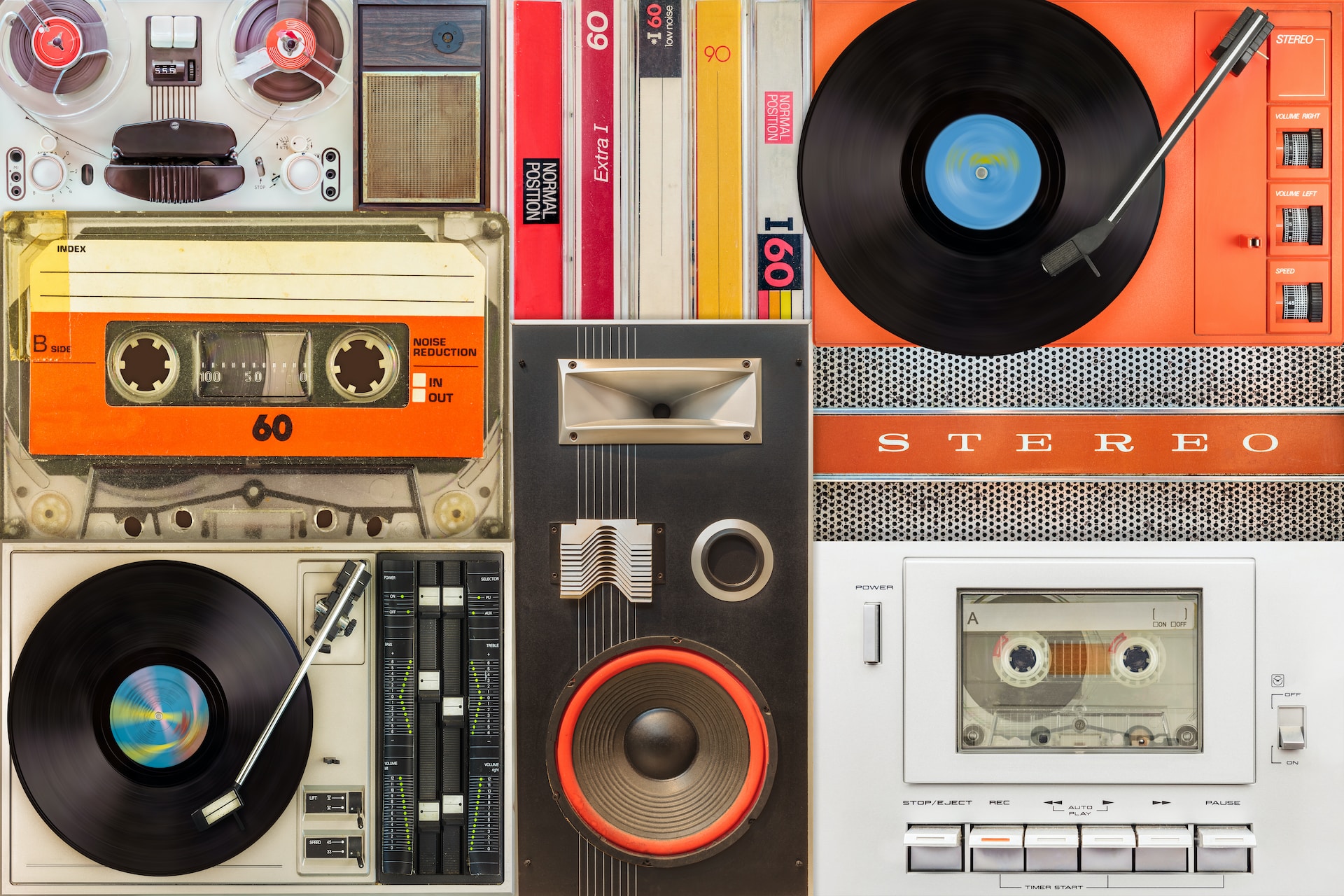
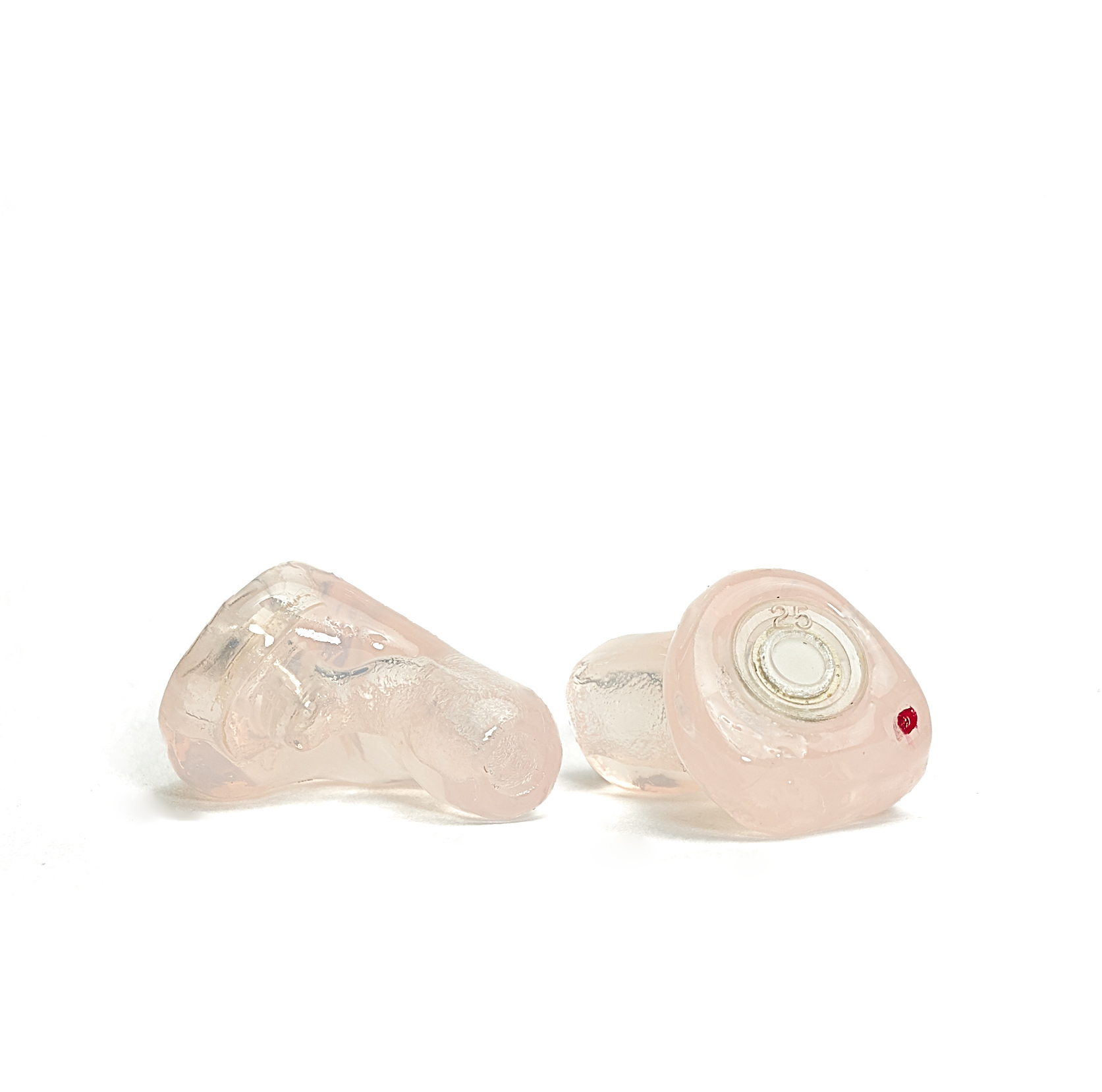
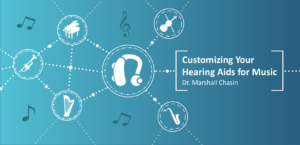
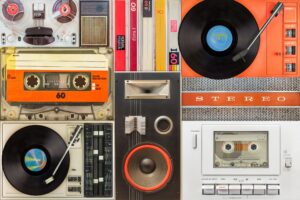

I don’t know who gets this email. I have bone induced hearing hearing aides. Would these hearing aides work with what I have?
Hi Holly, thanks for writing. So, you’re saying that you have a conductive hearing loss and you wear bone conduction hearing aids? Please let me know.
Hi Holly, I’m back with more information. Dr. Marshall Chasin, our expert audiologist who specializes in music, reports that bone conduction hearing aids typically don’t have a music setting. That’s because “they are mostly for conductive losses (or mixed where it’s mostly conductive) and the amplified sound, merely needs to be sufficiently loud enough to “correct” the hearing loss. Typically there is no digital signal processing [which is what a music setting would address] used with bone conduction aids other than perhaps feedback management.” So that means the second part of this article on hearing aids with a music setting would not apply to you if you are wearing a bone conduction hearing aid. More on the 3DMEs soon! Best, Nancy
Hi Holly, your other question was whether 3DME monitors work with a conductive hearing loss. I heard back from Dr. Michael Santucci, the founder of ASI Audio, who reports, “Yes, they work with conductive hearing loss. In fact increasing the volume with presumably normal hair cells should result in a more natural sound than with sensorineural loss. However, if there is drainage with the conductive loss, there could be problems keeping the speakers debris free.”
I’m just restarting my search again but I keep coming back to the aid needs to be natively as wide frequency as technology currently allows. More like earphones and less like most hearing aids. I need to hear full spectrum with very good eq control (32 band). All the processing for speech needs to be turned off when I’m running the board or even in a concert or worship setting. Simple frequency compensation with zero delay is all I need (I think)
Hi Tom, yes, very well said! Have you checked out my review of the ASI Audio 3DME in-ear monitors? They are the product that I’ve found that comes closest to this wish-list. https://grandpianopassion.com/alternative-hearing-aids-music-3dme-in-ear-monitors/
Great review. I am an audiophile, not a musician, but this device is very intriguing. I am looking for a high quality hearing device when listening to vinyl from a very high quality home audio system, that provides correction for my hearing loss.
As I said, This device is very intriguing, but it is not marketed for audiophiles. My question is why? Is it not suitable? Heather Malyuk comment: “I do have some patients who use these for listening to recorded music, but the 3DMEs are especially great for live music” gives me pause. Why would they not be great for recorded music? Or was that comment in reference to Bluetooth streaming, not audiophile listening through high quality speakers? Thanks!
Hi Nancy:
Just finished reading Craig Embrey’s comments. I also am an ‘audiophile’ or was until earlier this year when my brain lost the ability to process and understand tone, timbre (color), and pitch when I listen to classical music which is my passion. My audiologist told me there are no hearing aids currently on the market that can address my issue. She said today’s aids are designed to enhance volume, not tone and that advances in technology pretty much stopped during the pandemic So, like Beethoven, it appears I am doomed to live in a world without music until I die. So, at age 79, any new technology to address my problem – even if their is one – will probably arrive after I’m dead.
I don’t need market hype or unctuous answers, I need professional advice from a someone who really understands my issues. Specifically, the hairs in my inner ear are damaged. Signals to my brain are not interpreted accurately resulting in distortion. I am in one of -Ross’s early stages of hopelessness and I feel that my world has ended. All that said, can your product or any other treatment you are aware of, help me?
I eagerly await your response.
Dear Robert, I was sorry to read about your experiences. How very difficult to suffer this loss. As someone who is slowly going deaf, I empathize with your experience. As you know, I’m not a professional–instead a dedicated pianist with hearing loss. I have asked Dr. Marshall Chasin, an expert music audiologist, to respond to you. Hoping for the best possible outcome!
Hi Robert- it is false to say that hearing aids cannot address pitch and tonal quality information. I am skeptical that this loss is “merely” a “brain thing”. I suspect that, at least part of it (if not most) may be related to a peripheral hearing loss.
It is also false to say that hearing aid technology has stalled since the advent of Covid- a lot has happened in the last 2-3 years.
I would suggest that you seek out another audiologist who is more comfortable with music as well as speech.
Hello. My husband has a severe high frequency hearing loss. He has been a musician his whole life. He recently noticed that he has a relative pitch problem. When he listens to a tuning fork for concert A and plays concert A on the trumpet (and verifies with a sound meter) the trumpet sounds flat to him. The same is when he listens to the piano and plays his trumpet. However, if he plays alone, the trumpet sounds fine. When he listens to a CD, the musicians all sound in tune and if he plays along with his trumpet, it sounds in tune also. Does this make any sense?
Hello Johanna, and thanks for writing. Yes, this makes sense. Pitch perception is a very tricky thing. I have asked Dr. Marshall Chasin to respond.
Hi Johanna, here is Dr. Marshall Chasin’s response:
“This makes perfect sense. When playing without a “reference” tome such as a timing fork, his high frequency hearing loss essentially removes his audibility of the higher frequency harmonics. As such the damaged part of his hearing does not contribute to the perception of music.
With a reference tone such as tuning fork, the audible harmonics will be flat (again, due to damaged regions in his hearing mechanism/ what audiologists call “cochlear dead regions”), and he will find it flat (relative to the lower frequency tuning fork which is at a healthier region of his hearing).
When your husband sees his audiologist tell him to mention the phrase “cochlear dead region” and the hearing aid programming will be adjusted appropriately to get rid of the flat perception.”
I am a voice teacher/ pianist who has depended on Oticon hearing aids Provided by the Veteran’s Administration as my hearing has declined. The music program in my newest aids is wonderful for hearing my Yamaha C-5 Concert Grand and also makes it easier to hear the overtones required to tune my instrument. However, this music program makes it more difficult to hear the overtones in my students voices which is necessary to help them develop their voices and makes dialogue between teacher and student very difficult because the consonants in speech being so high in the range. Is there any advice you can offer that I may take back to the audiologist at the VA to adjust my music program to achieve hearing both the beauty of my piano and my vocal students overtones and speech (both higher in the range). Teaching voice and hearing my instrument seem to be conflicted in my aids music program. Thank you.
Hi Joel, here’s a very helpful reply from Dr. Marshall Chasin:
“Piano, and most musical instruments, are “wavelength” instruments meaning that they generate the fundamental (also known as the note name) as well as series of harmonics at multiples of the fundamental. That is, musical instruments have sound that is totally made up of the fundamental and its harmonics and this is true of the bass notes and also the treble notes.
In contrast, speech has only the fundamental (pitch of the voice) and harmonics for only the lower and mid frequency sound; for the treble notes speech is only made up of wide bands of noise such as the hiss of the /s/. And most of the clarity of speech comes from the higher pitched treble consonant sounds.
Unlike music where higher frequency treble notes are quite predictable (e.g., the harmonic above 1000 Hz is 2000 Hz), the higher pitched consonants of speech are not as predictable.
I would therefore suggest that you ask your audiologist to increase the treble gain on the hearing aids (perhaps above 1500-2000 Hz). This may improve the clarity of speech, and will also assist in hearing some of the harmonics of music”.